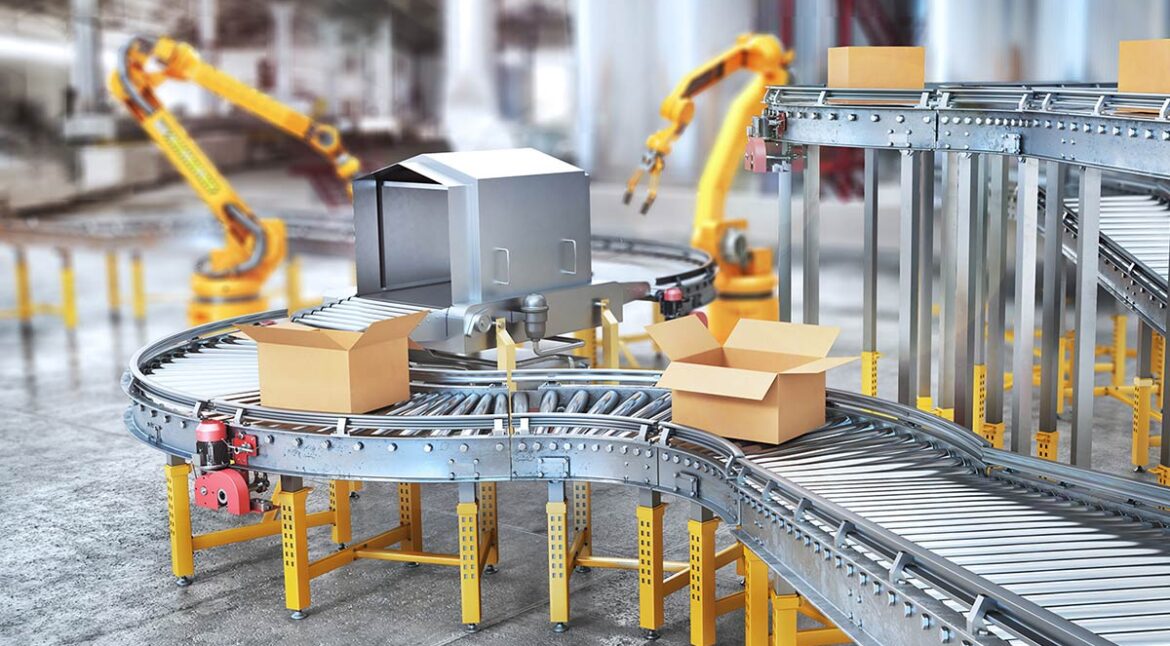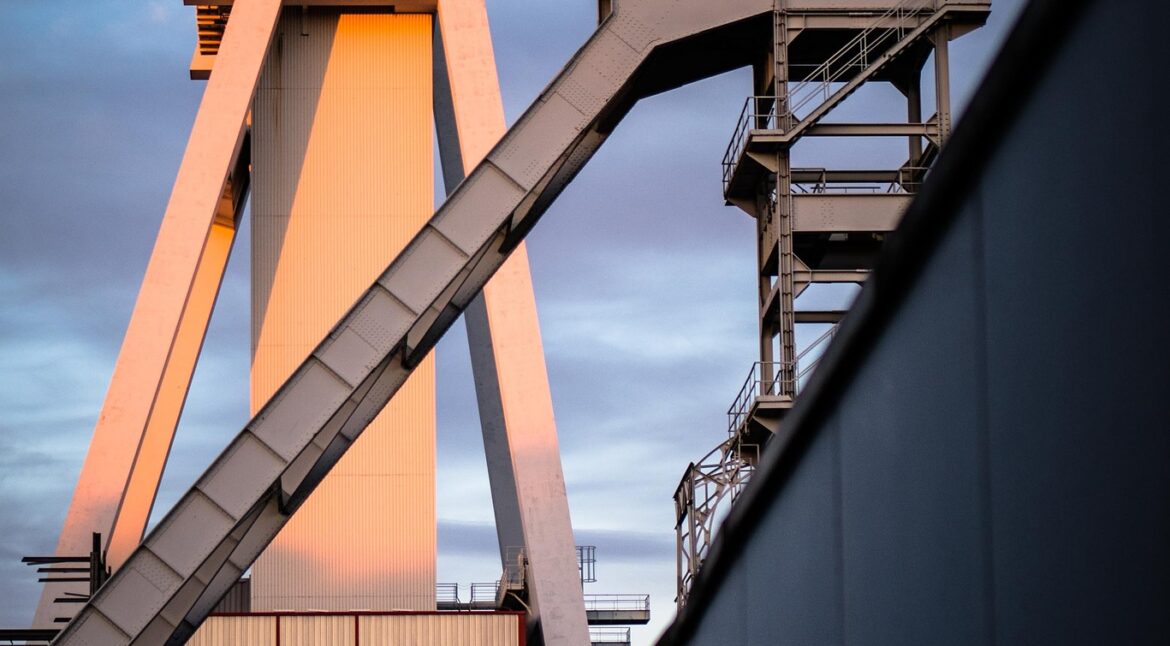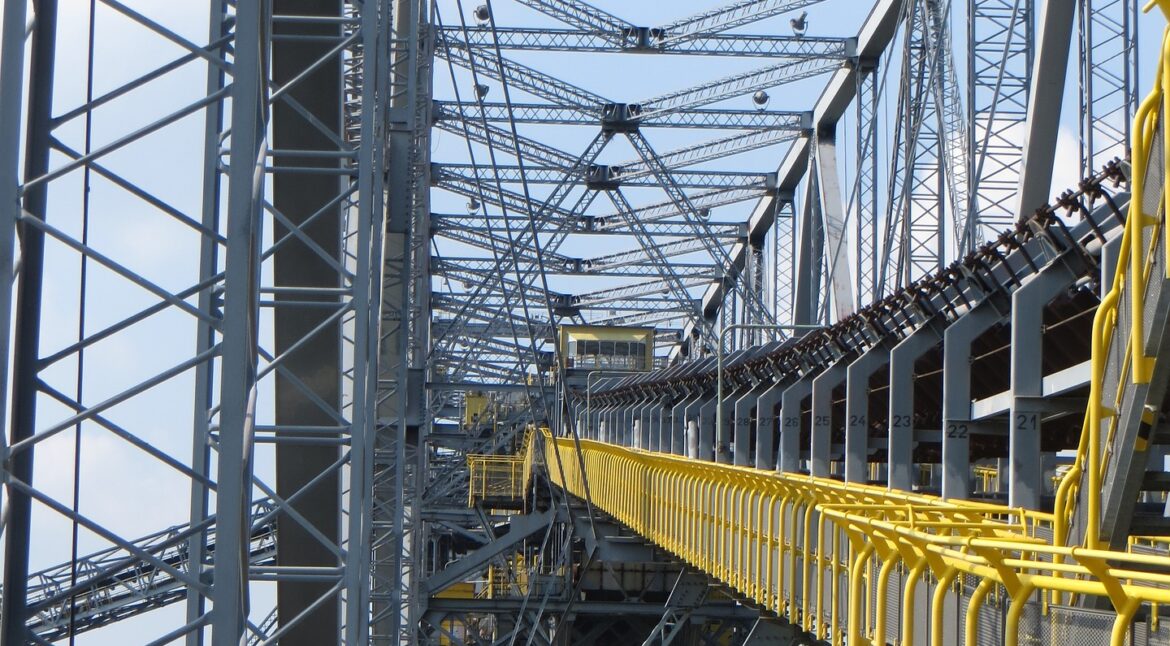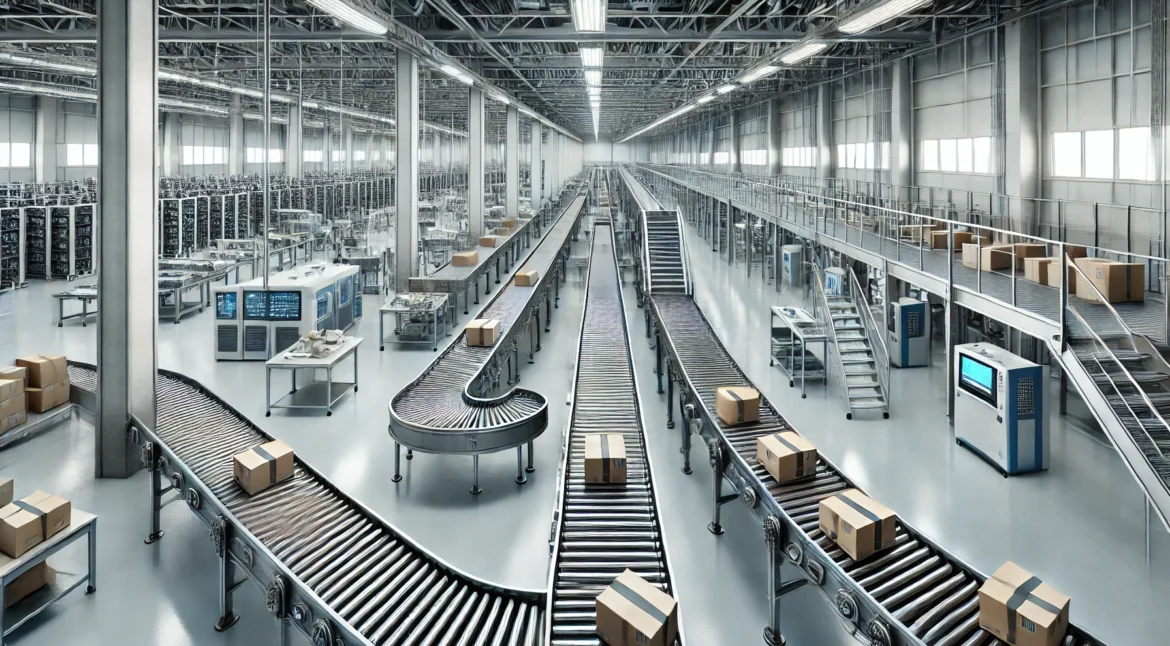In the food industry, conveyor belts automate the transport of products through processing, packaging, and quality control stages. They ensure efficient, hygienic handling and reduce manual labor. Conveyor systems also maintain consistent product flow and improve overall operational efficiency.
Conveyor belts in the mechanical industry streamline material transport between workstations, boosting production efficiency. They reduce manual handling, enhancing safety and consistency. By automating repetitive tasks, conveyor systems improve overall operational workflow.
In the automation industry, conveyor belts streamline material handling and assembly processes, enhancing efficiency and precision. Conveyor belts also boost throughput and consistency, critical for high-volume production environments.
In the petroleum industry, conveyor belts efficiently transport raw materials and finished products between processing stages. They ensure safe and reliable handling of bulk materials like crude oil and chemicals. Conveyor systems also enhance operational efficiency and reduce manual labor in hazardous environments.
In the construction industry, conveyor belts facilitate the efficient transport of materials such as gravel, sand, and cement, reducing manual labor and increasing productivity. They enable the smooth transfer of materials to elevated areas and across large job sites, enhancing safety and streamlining operations.
In power systems, conveyor belts efficiently transport coal, ash, and other bulk materials within power plants. They ensure smooth, continuous operation by handling materials reliably and reducing manual handling. Conveyor systems also support the effective management of resources and waste in energy production.






